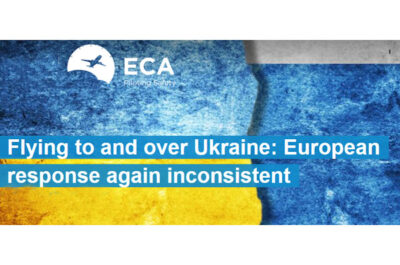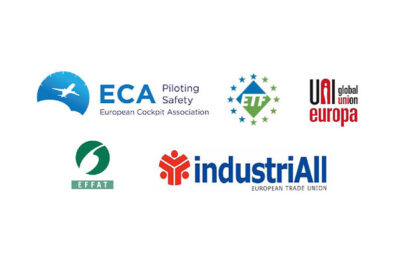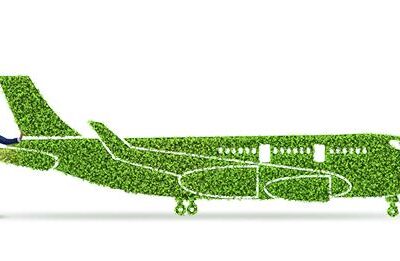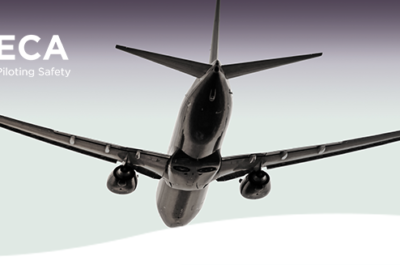European Cockpit Association released an assessment and position paper on Remote Tower Services (RTS), their advantages, drawbacks and conditions for their safe and sustainable introduction into the air transport system.
BRUSSELS – Last week, a Swedish airport received the first ever license to control planes through a remote tower at an airport located somewhere else. European pilots recognise that such Remote Tower Services (RTS) will be part of future air operations and can bring potential benefits if –and only if– they guarantee an equivalent or higher level of flight safety, compared to local air traffic control. With demand for such remote services growing and technology advancing, it is therefore time for regulators and industry –including pilots– to carefully evaluate the RTS concept and its technology.
To contribute to the debate, ECA released an assessment and position paper on RTS, their advantages, drawbacks and conditions for their safe and sustainable introduction into the air transport system.
Commenting on the ECA position paper, ECA President Nico Voorbach stated: “Aviation is by definition a sector driven by groundbreaking technologies and constant innovation. This is why we as pilots are always open-minded for new technologies and are willing to work together with industry to ensure RTS meets –and even improves– the safety of our flight operations,” says Voorbach, who is an active pilot himself.
“This is why we identified a number of areas where further work is needed to ensure that RTS operations don’t pose safety risks and don’t lose their attractiveness.”
Remote Tower Services allow air traffic control at an airport to be performed remotely, i.e. somewhere else than in the local control tower, making use of high-tech video and sens or equipment. Their core value is to overcome geographical limitations, allowing smaller airfields or rural airports with few aircraft movements to be upgraded to fully controlled ones. Also, war zones or areas where infrastructure has been destroyed, could be provided with such remote ATC services.
At the same time, as any new technology, there are areas of concern. “Remote tower services –if introduced on a wider scale– will change the way we operate”, says Alvaro Gammicchia, ECA Technical Board Director. “This means we need to think strategically and develop new common standards, recommended practices, and flight procedures to ensure safe and secure operations. For example, new methods for separation of aircraft and an airspace re-design might be necessary, as well as a dequate contingency measures and procedures in case of hardware malfunction. Cyber security and protecting data transfers between aircraft and ground from hacking or viruses is another essential area of concern. All in all, we know that there are vast challenges, but there are also solutions.”
ECA Position Paper-Remote Towers
Vicky is the co-founder of TravelDailyNews Media Network where she is the Editor-in Chief. She is also responsible for the daily operation and the financial policy. She holds a Bachelor's degree in Tourism Business Administration from the Technical University of Athens and a Master in Business Administration (MBA) from the University of Wales.
She has many years of both academic and industrial experience within the travel industry. She has written/edited numerous articles in various tourism magazines.




































































































































